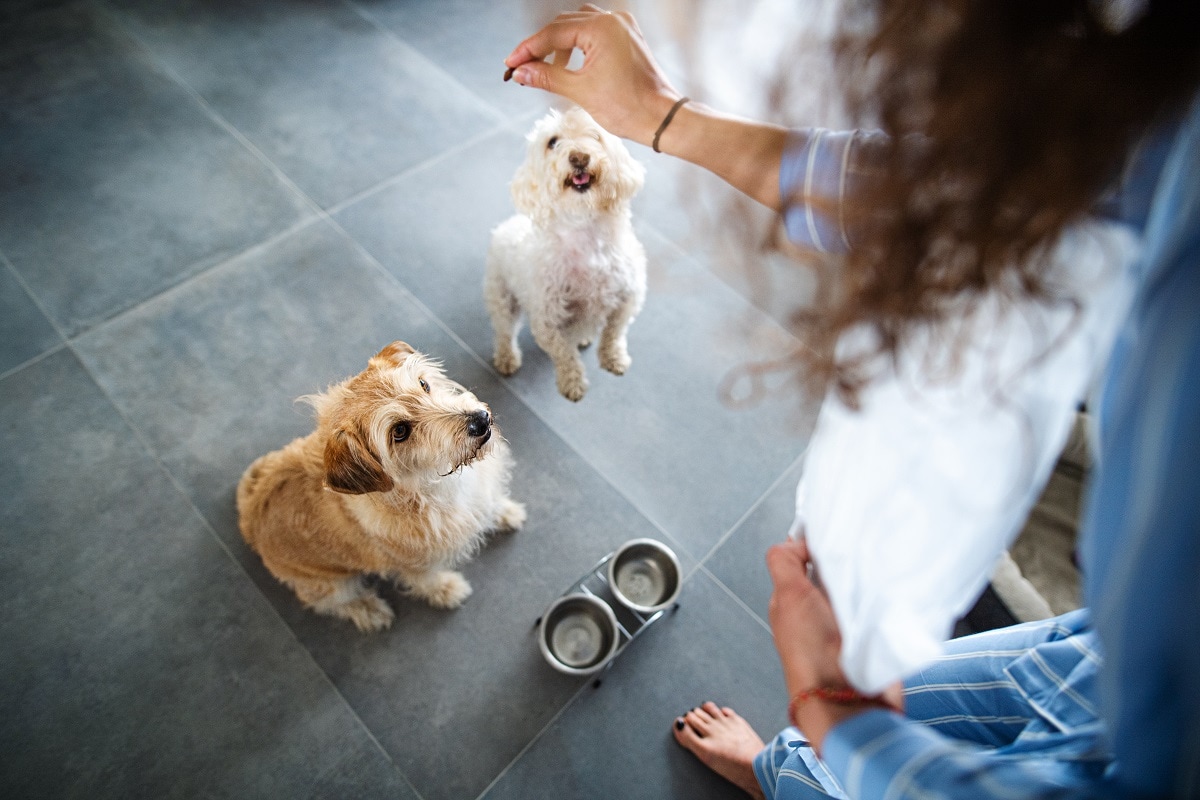One of the difficulties of travelling is determining arrangements for your pet while you are away. First, you must go through the process of selecting the best fit for the job. Next comes the part which is often more challenging: Making sure the sitter is 100% equipped to care for your pet (and potentially other things), giving you the peace of mind to enjoy your trip. Don’t worry, we’ve got you covered. Be sure to check these bases, and you can rest assured that your pet is in good hands.
>> Searching for a pet carer? Find one in your area now.
Write clear & detailed instructions
The first and most important step is to have well-written instructions. If you only tell the sitter verbally what is expected, they may forget facts and have to reach you or just get it wrong. Here are a few things to remember when leaving instructions:
- Write legibly and clearly: Everything you write must be easy to follow. Don’t rush through it.
- Be as detailed as possible: It can take a little more time, but be sure to include as much detail as possible. For example, if there are multiple pets, be ultra-clear in describing which food goes to which pet.
- Leave a physical note and send a copy digitally.
- Include all contact numbers and travel details: preferred veterinarians, friends or neighbours to call if you cannot be reached, and an itinerary of your travel and availability for calls.
- Include necessary house-related details: spare keys, alarm codes, gate codes, thermostat instructions, etc.
Stock up on food & treats
It is very important to make sure all the food containers are full, including more than just enough to last the duration of your trip—in case something comes up and you may end up being delayed in returning, or if food gets spilled, misplaced, etc.
It’s also a good idea to leave your sitter with treats or even a toy—something to help them get on the pet’s good side. This might also help the pet if it is experiencing extra stress with the change in their usual day-to-day.
What to do in case of accidents or emergencies
The last thing you want is for the sitter to have to make a decision you didn’t agree with because they couldn’t reach you and they didn’t know your preference. Think about numerous scenarios of things that could happen, and include your preferred course of action in your written instructions.
Even if your pet generally has no accidents, it is important to prepare the sitter for how to take care of it. Make sure the sitter knows where cleaning supplies, towels, etc. can be found, or better yet, lay them out to make it easier.
In addition to writing down the numbers of preferred veterinarians, veterinary hospitals, and emergency contacts, make sure it is clear when to contact which ones. A helpful way to do this is by making sure the sitter is aware of the pet’s typical behaviour, so they aren’t alarmed by your pet behaving in a way that is actually not worrisome. Write a little description of the pet’s traits, habits, and daily routines so they have an idea of what’s normal.
Additional things a pet sitter should know
It may be that the pet sitter is caring for some household duties as well, such as bringing in parcels, watering plants, sweeping leaves from the porch, etc. These things can help avoid broadcasting to potentially burglars that you are away. Ideally, you will discuss these expectations early on, not last minute, and include them in your written instructions.
Be sure to inform neighbours of your travel plans and that the sitter will be coming by so they are not surprised to see someone else entering your home when you aren’t there. Also, if you will be relying on multiple sitters, or if anybody else is expected to be at the house, it is important to disclose that and provide scheduling information to avoid confusion or conflict.
By freelance writer Riley Herder
